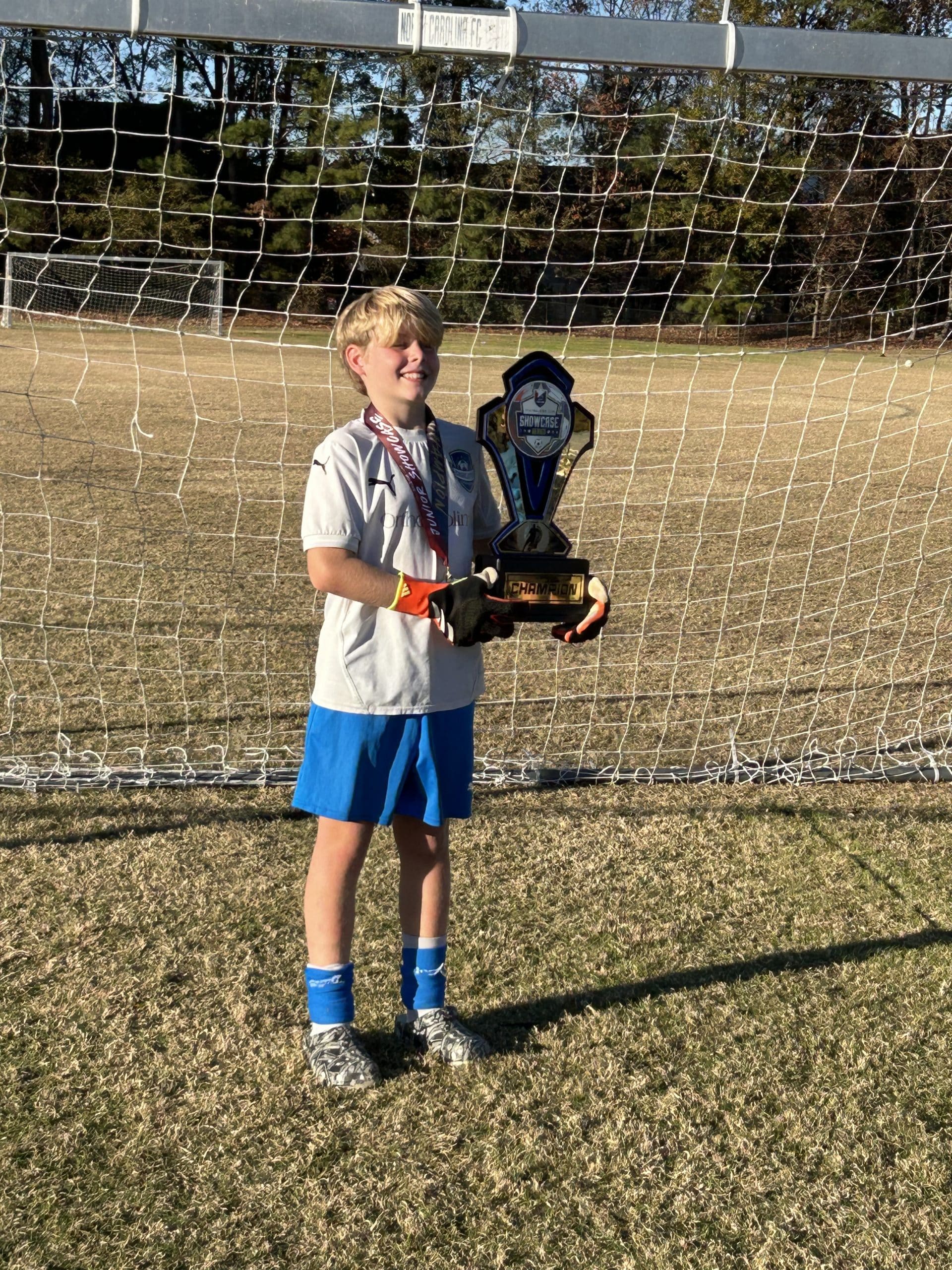Conferences that are student-led help students, as well as parents, see progress in learning. Student-led conferences help students develop communication skills. It also helps them speak for themselves as they take the lead in parent-teacher conferences. They begin to acquire leadership skills.
Parent-teacher conferences are where families learn about their student’s educational experiences. They usually hear directly from the teacher, and students do not participate in he process. This does not benefit the student. As students are permitted to lead the conference, they gain independence. It helps them to build trust with the teacher and strengthens their comfort level in the learning process.
Conferences with Students and Parents
Students need an active role in parent-teacher conferences.
- A student’s voice in their learning improves their confidence and ability to say how to improve academically.
- Students learn to speak for themselves. They learn about their strengths and weaknesses and can set future goals.
- In understanding weaknesses, they can identify areas for improvement and develop problem-solving strategies to succeed.
- The relationship between teachers and parents strengthens. Students feel important and valued. They think that parents and teachers hear them.
- Students receive feedback from leading conferences. Feedback enhances their collaboration skills. It helps them self-reflect and improve their learning outcomes.
Students need to be prepared to lead a conference. Let the student know what their job will be during the conference. Parents/caregivers must also be told what to expect.
Using a prepared portfolio, allow students to select the samples they want to use. Have students practice explaining and reflecting on their work. Developing communication skills is essential. Students learn how to express their thoughts, share their achievements, and discuss their difficulties. Starter sentences, scripts, or templates assist students in starting the conference. Rehearsing with a peer or in front of a mirror improves fluency. Perfection is not the goal. Practice helps students feel more comfortable and confident. Also, be ready to help students discuss any questions that arise.
Student-led conferences bring parents into the community of learning. Eliminating the one-sided parent-teacher conference engages parents and teachers with students about how students learn. The collaboration opens the door for more meaningful communication and support. Feedback and questions affect the student’s academic growth. It takes away the meaning of a letter grade and turns it into a process for growth and skill development. Students learn that they have a voice that is heard and understood.
After the conference, debrief with the students on the strengths and weaknesses of the conference. This helps prepare them for future conferences.



